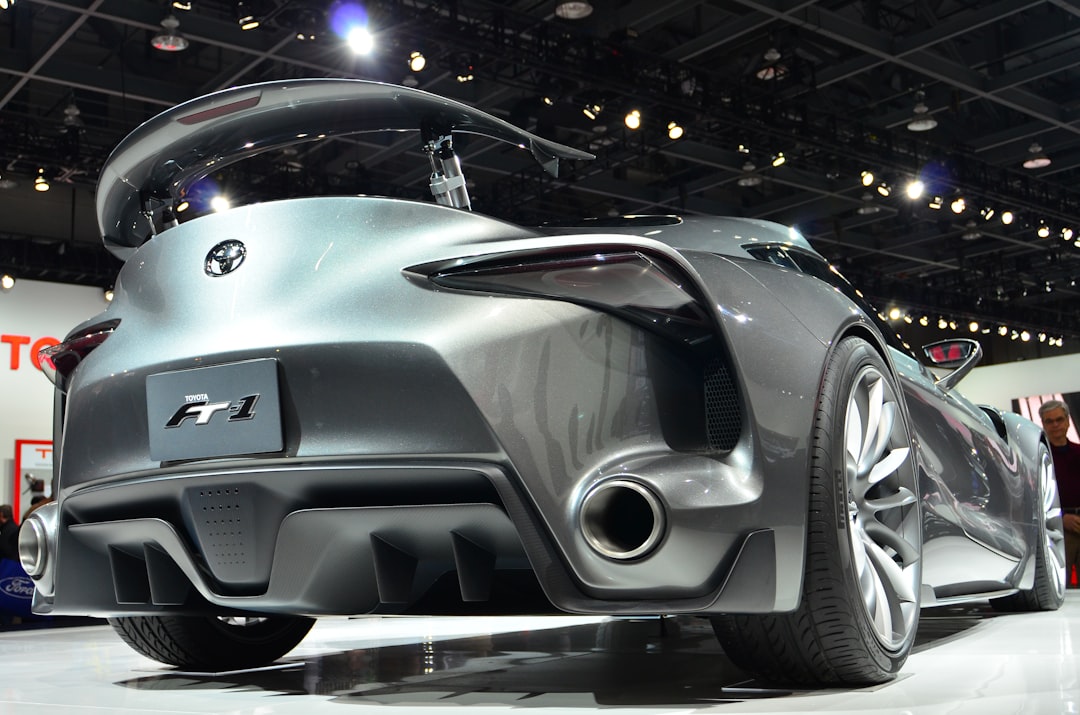Hybrid cars have become increasingly popular in recent years, as concerns about the environment and rising fuel costs have made consumers more conscious of their choices when it comes to transportation. These vehicles combine a traditional gasoline engine with an electric motor, resulting in improved fuel efficiency and lower emissions. However, like any major purchase, there are both pros and cons to consider before deciding whether to buy a hybrid car.
Let’s start with the pros. One of the key selling points of hybrid cars is their excellent fuel efficiency. Since they rely on both a gasoline engine and an electric motor, they can achieve significantly higher miles per gallon compared to traditional gasoline-powered vehicles. This can result in substantial savings at the pump over the life of the vehicle, especially for drivers who do a lot of city driving or have a long commute.
Another benefit of hybrid cars is their lower emissions. By using electric power to supplement the gasoline engine, hybrid cars produce fewer harmful pollutants like carbon dioxide and nitrogen oxides. This can help reduce air pollution and improve overall air quality, which is particularly important in urban areas where smog can be a major problem.
In addition to their environmental benefits, hybrid cars also tend to have lower maintenance costs compared to traditional vehicles. Since they rely on a combination of gasoline and electric power, they put less strain on the engine and other mechanical components, resulting in fewer trips to the mechanic and lower repair bills. This can help offset the higher upfront cost of buying a hybrid car and make them a more cost-effective choice in the long run.
On the other hand, there are some potential downsides to buying a hybrid car that consumers should be aware of. One of the main drawbacks is the higher initial purchase price. Hybrid cars tend to be more expensive than their gasoline-powered counterparts, due to the additional technology and components required to make them operate efficiently. While the savings on fuel and maintenance costs can help offset this higher price over time, some consumers may find it difficult to justify the upfront investment.
Another potential downside of hybrid cars is their performance. While most modern hybrid vehicles offer adequate acceleration and handling for everyday driving, some drivers may find that they don’t offer the same level of power or responsiveness as traditional gasoline-powered vehicles. This can be a concern for drivers who enjoy a more spirited driving experience or need a vehicle with the ability to tow heavy loads.
In conclusion, hybrid cars offer a number of benefits, including improved fuel efficiency, lower emissions, and reduced maintenance costs. However, they also come with a higher upfront cost and may not offer the same level of performance as traditional vehicles. Ultimately, the decision to buy a hybrid car will depend on your individual priorities and budget. If you’re concerned about the environment, save money on fuel costs, and don’t mind sacrificing a bit of performance, a hybrid car might be a good choice for you. Otherwise, you may want to stick with a traditional gasoline-powered vehicle.


